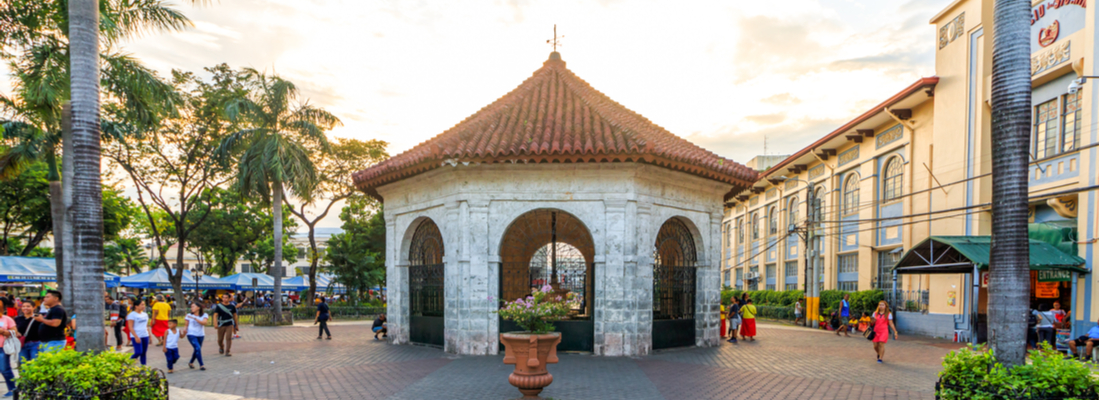
Reading time: 3 Minutes
Regus’ Lars Wittig notes that entrepreneurial spirit and a young population are seeing flexible working take hold in the Philippines
If someone wanted to catch a glimpse of what the future of flexible working looks like, there are few better examples than what’s taking place in the Philippines.
Driven by a young and dynamic millennial workforce, a national outlook that embraces entrepreneurial endeavour, and a government that’s been quick to champion the cause of decentralisation because of population growth and traffic, it’s the perfect example of the flexible workspace revolution in action.
Last year the nation’s Senate approved the Alternative Working Arrangement Bill, which gives employers and staff the option to work flexibly. The driving force behind the bill are employees themselves, who are creating a “bottom-up” revolution according to Lars Wittig, Regus Country Manager for the Philippines. “The population is much younger with an average age of 23.7. Clearly a much bigger part of the workforce are the millennials, who insist on working the way they like – that is flexible, that is coworking,” he says.
Changes to the way we all work are advancing apace, with 30% of global office space predicted to be flexible in the next 10 years. “If someone of my generation is expecting to see all your employees sitting in long lines outside your office – those days are history,” Wittig says. “Millennials no longer want to be measured by a timesheet; they want to be measured by results.”
With would-be employees looking to avoid the dreaded commute, Wittig adds that companies will need to become adaptable and agile or risk being overtaken by rivals. “Either you’re on top of things or you will be surpassed so fast you won’t realise it before it’s way too late,” he says. “You have to be fast, fun and furious.”
It’s no surprise to him that the Philippines have so embraced this advancing workplace culture. In addition to youth, a natural desire to be creative and seize business opportunities have contributed too. “Historically, it’s always been a very entrepreneurial population,” he says. “That is still the case and is conducive for entrepreneurs and SMEs to be able to interact and find new leads and ways in a coworking environment.”
Regus set up the first flexible workspace site in the Philippines in 1998, and it was during this era that the country was gripped by a period of financial turmoil along with the rest of East and Southeast Asia. Dubbed the Asian crisis and beginning in July 1997, it raised fears of a worldwide economic meltdown.
But despite this uncertainty, Regus pressed ahead with its plans and, according to Wittig, helped set an example that locals and international investors quickly embraced. “We saw the light and we took the risk,” he says. “The building we are in was the Enterprise Centre, 85,000sq m with only three tenants.
“The rest was empty because of the Asian crisis: we enabled locals and international investors to come and make investments, and explore business developments possibilities sooner than they otherwise would have done.” It’s something Wittig feels worked because Regus offers quick solutions with no capital investment and no liabilities: “They could come in much earlier and test the waters,” he says.
IWG has continued to expand in the country, with sites located right around Metro Manila, Davao, Cebu and Clark. It’s part of a huge expansion plan for global growth by the company as it partners with local franchisees to establish sites outside the usual major cities and traditional global business hubs.
But while Regus sites may indeed be modern with high-speed internet, coworking spaces and cutting-edge meeting rooms, building a thriving community is about more than just office space. “You need to have a jam-packed exciting programme,” Wittig says.
He notes that Filipinos are very open and will share a lot of information, but that there must be natural opportunities to mingle and share business ideas. “We [might] call it coworking, but [when] everyone is looking at a screen with their headset on –that’s not coworking,” he adds.


